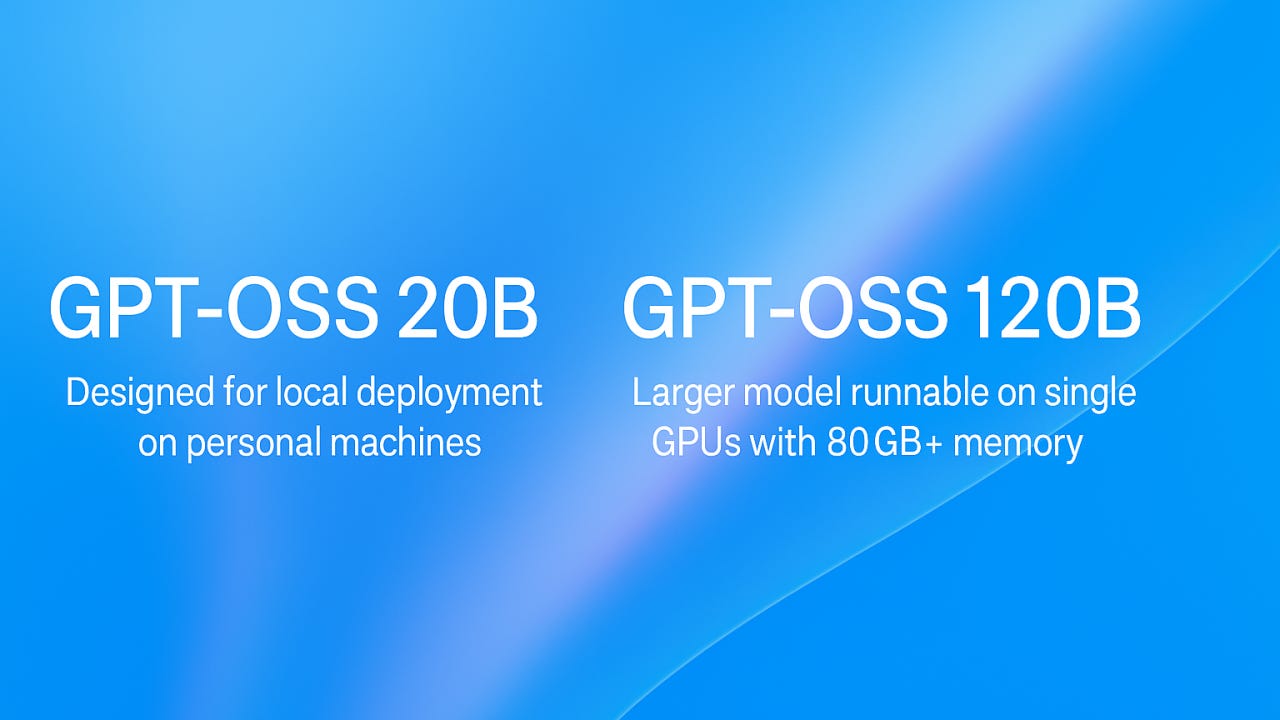OpenAI releasing a competitive open-weight model is a welcome move which is directionally in the right direction. While chinese competitors starting with #deepseek #qwen had already set this future learning stack in motion. OpenAI joining the flow and announcing a o3 equivalent base model has several implications.
# Immediate competitive pressure
Releasing competitive open-weight models forces other FM companies to reconsider their closed-model strategies. If developers can get strong reasoning capabilities for free, they'll need compelling reasons to pay for closed alternatives.
# Significant drop in inference pricing for potent models and commoditization acceleration
Open-weight models with cheap inference providers create a race to the bottom on basic AI capabilities. This pushes the industry toward a utility-like pricing structure where differentiation becomes crucial.
# Strategic repositioning required by all including FM and application companies.
1. Companies will need to focus on Specialized capabilities (domain-specific models, multimodal, etc.)
2. Superior fine-tuning and customization tools
3. Enterprise features (security, compliance, support)
4. Unique data advantages or training methodologies
5. Vertical integration (hardware, deployment, tooling)
# Infrastructure shift
Cheap inference providers benefit most initially, but this could lead to market consolidation as margins compress. Companies without scale advantages may struggle.
# Innovation acceleration
The move forces faster innovation cycles as competitive moats from model performance alone become shorter-lived.
Companies must continuously push boundaries rather than relying on single breakthrough models.
This mirrors what happened in other tech sectors - when core capabilities become commoditized, value moves to specialized applications, superior user experience, and ecosystem effects rather than raw performance alone.
# Continual Learning and Agent specific Learning
Availability of a strong foundation model, training techniques including Reinforcement learning (RL) and cheaper training and inference decisively pushes the pendulum in the direction of Agent specific models/learning initially offline but eventually online and continuous learning.
We have been writing about this future for a while and now welcoming this future whole heartedly. Links to some of those in comments.
# Every company is an agents company in the new world
All this means that all companies are Agents company in the new architecture. Artificial boundaries of model layer, and application companies are shrinking. You thrive in this new world by having all the three skills as an applicaiton company. i.e data, model and software engineering
Discussion about this post
No posts

